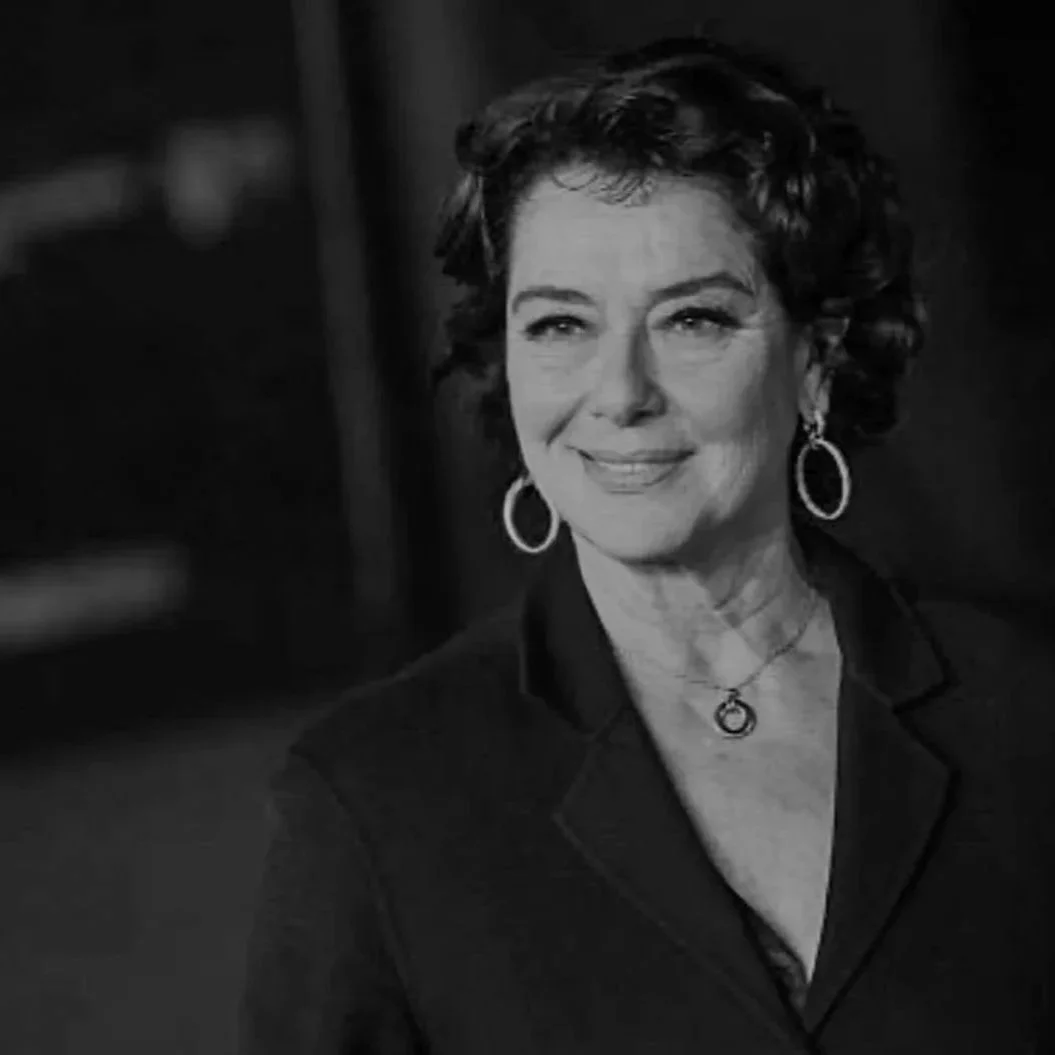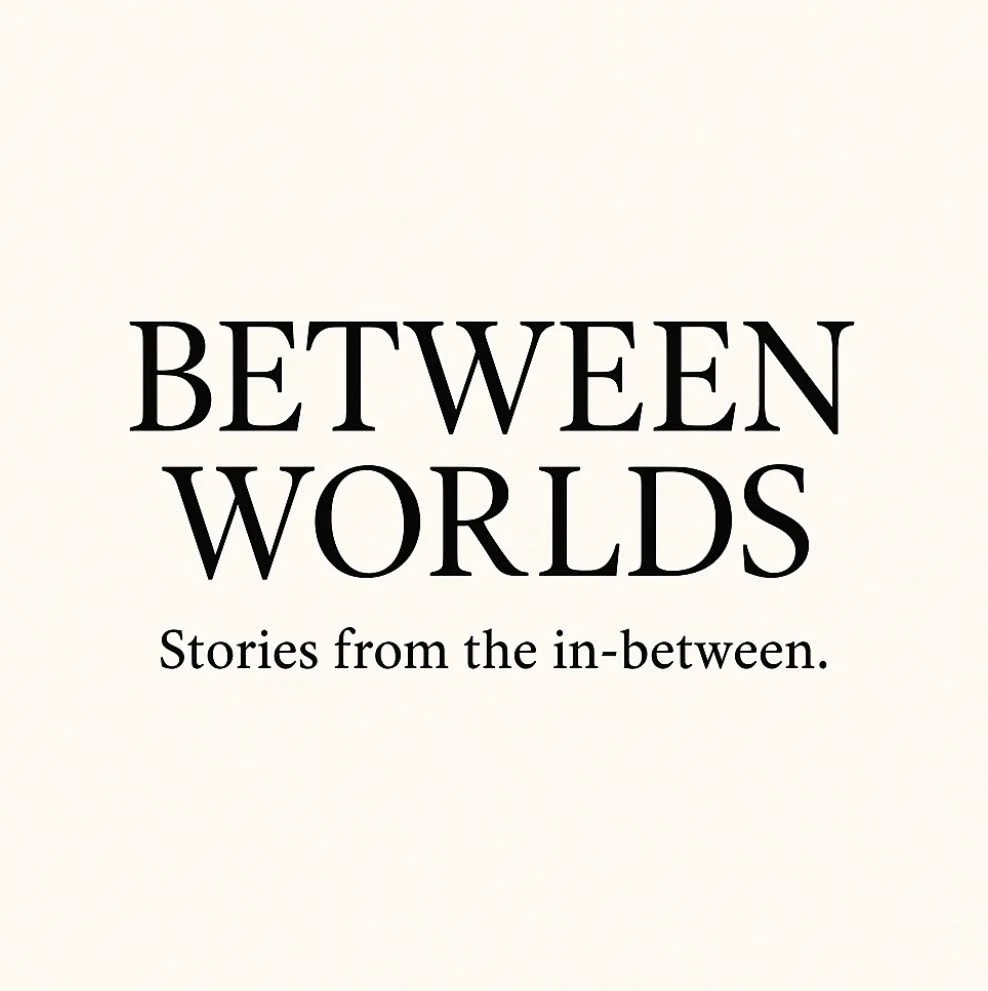
This section provides information about actress & filmmaker Monica Guerritore, her career, and her film Anna, which she wrote, directed, and starred in.
Monica Guerritore is an acclaimed Italian actress, writer, and director. She is especially known for her impressive work in theater, as well as for her roles in film and television. Her career spans decades of artistic depth, during which she has brought powerful, multi-layered female characters to life and directed theatrical projects that explore important social themes.
In consultation with Monica herself, and with her full approval, a dedicated page has been created on this site featuring her projects, photos, articles, and much more.
You can follow her and her work on Instagram: @monicaguerritore
Her & her husband there production company: @luminamgr
And I will also be regularly posting more articles and photos about her and all her creative work through my account: @poe_verhoeven
Who is Monica Guerritore?
Born in Rome in 1958, Monica Guerritore — fresh off a huge hit on Netflix with ‘Deceitful Love [INGANNO]’ — is one of the most talented and appreciated Italian actresses, theatre directors and playwrights.
The serie ‘Deceitful Love’ was met with immediate success and climbed into Netflix’s global Top 10, even reaching the number one spot in several countries, including the United States. Although it was initially conceived as a limited series, its popularity has fueled speculation about a second season. The first season ends on an ambiguous note, with Gabriella acknowledging Elia’s possible intentions but choosing to stay with him—leaving the door open for further narrative development.
She started her theatre career almost by chance and in a very cinematic way: Giorgio Strehler — the great theatre director — was looking for a young girl to play Anya in Cechov’s *The Cherry Orchard*, but the search seemed impossible. Until one day he saw Monica, by pure chance, on stage because she was accompanying a friend: so beautiful, so delicate… an Ingrid Bergman kind of girl. Strehler knew immediately she was perfect to play the daughter of the lovely ValentinaCortese in Cechov’s masterpiece.
She was only 15, and from that day she never stopped acting.
Her career spans several decades, during which she has appeared in numerous Italian films and television series, as well as international productions. In addition to acting, she has directed several theater productions.
Guerritore is celebrated for her contributions to Italian cinema and theater, earning critical acclaim and a loyal audience. Her recent work includes appearances in popular series on streaming platforms, solidifying her status as a prominent figure in contemporary Italian entertainment.
Monica Guerritore is much more than just a celebrated actress — she’s a passionate, engaged, and creative personality who has been committed to the arts, culture, and social issues for decades.
What she does:
Monica is active as a:
Actress: She performs in films, television series, and especially in theater. Her roles are often intense, dramatic, and powerfully feminine — think Lady Macbeth or Medea.
Director and writer: She not only stars in powerful theatrical roles but also writes and directs original works. Recently, she wrote and directed a new film project about legendary Italian actress Anna Magnani, a tribute that explores Magnani’s life, struggles, and enduring influence on Italian cinema. Guerritore’s direction honors Magnani’s legacy while adding her own voice and interpretation to a cultural icon.
Cultural ambassador: She uses her voice beyond the stage as well, engaging in interviews, public debates, and on social media to speak out on women’s rights, freedom of expression, and the vital role of the arts in society
What she contributes to:
Women’s empowerment: Much of her work centers on the strength, complexity, and resilience of women. She helps shape the cultural narrative around gender, identity, and female agency.
Preserving theater and culture: Guerritore is a strong advocate for keeping live performance and classical theater alive, especially in an era dominated by digital entertainment.
Social involvement: She is vocal in supporting human rights, civil liberties, and cultural education, often collaborating with schools and civic organizations.
What kind of person she is:
Passionate and intense: Both on stage and in her public presence, she exudes conviction, emotional depth, and integrity.
Bold and fearless: She doesn’t shy away from complex or controversial topics, and she isn’t afraid to challenge norms — artistically or socially.
Thoughtful and insightful: Her work is rich with emotional nuance and intellectual depth, always striving to reflect deeper truths about the human condition.
In short: Monica Guerritore is an artist with purpose. Through her work as an actress, writer, and director — including her latest film honoring Anna Magnani — she continues to inspire, provoke, and contribute to a more compassionate and culturally rich society.
